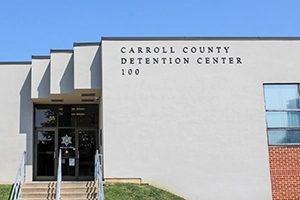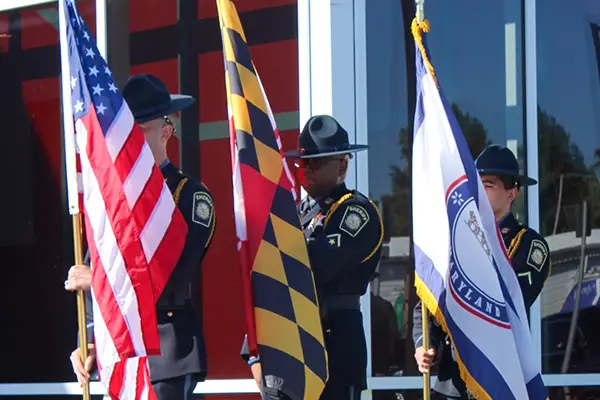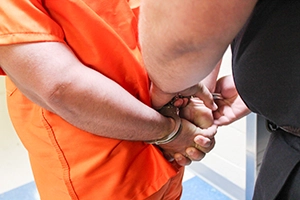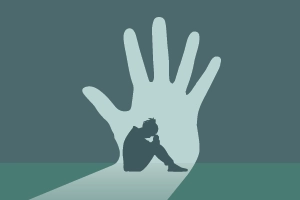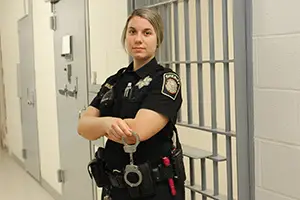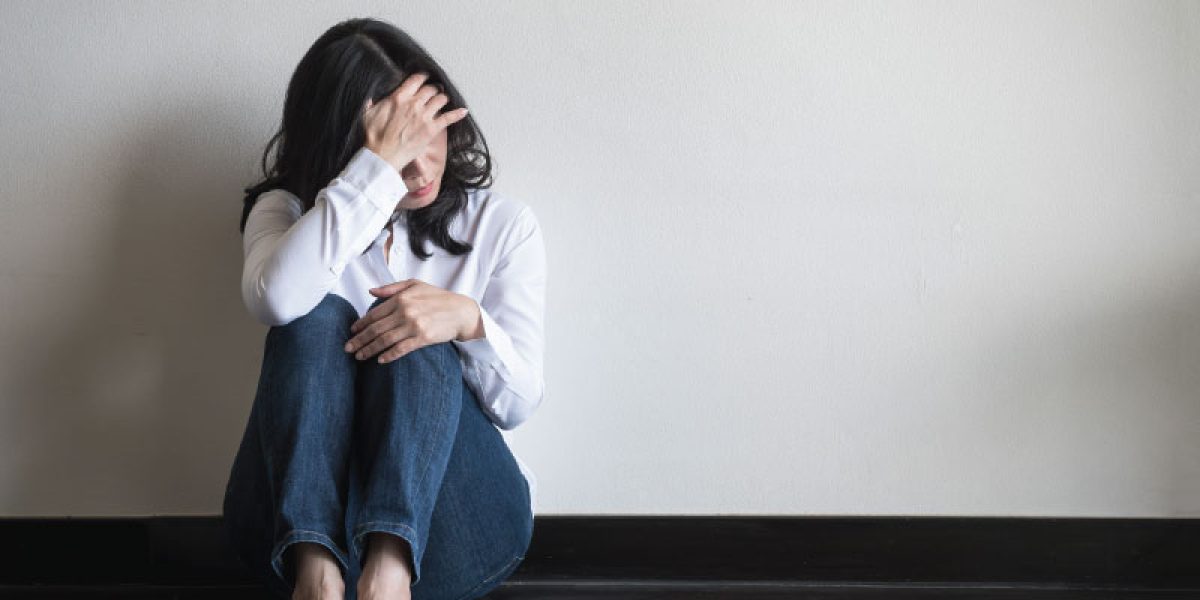Domestic violence can happen to anyone regardless of race, age, sexual orientation, religion, sex, or gender identity. Domestic violence affects people of all socioeconomic backgrounds and education levels. Domestic violence occurs in both opposite-sex and same-sex relationships and can happen to intimate partners who are married, living together, dating, or share a child.
Victims
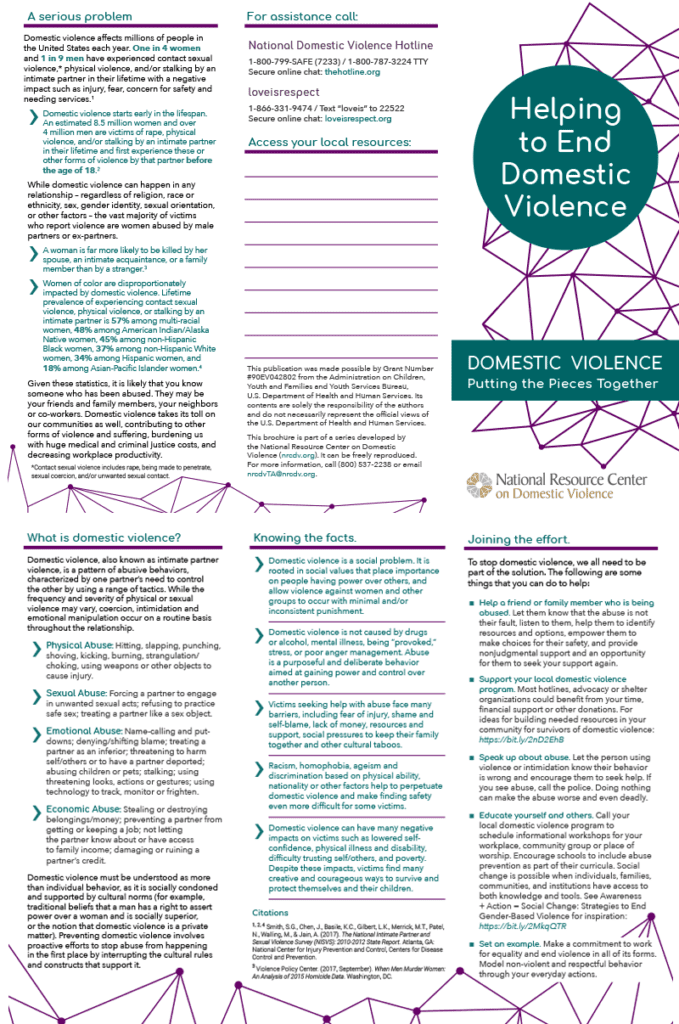
Education
This discussion of domestic violence is intended to educate the public about the dynamics of abuse in intimate partner relationships, as well as to help victims understand their experience and family and friends of victims to recognize signs of abuse in the relationships of their loved ones. The Violence Against Women Act contains a definition of domestic violence that governs the programs funded under the Act. The discussion here does not alter the definition in VAWA.
Sources: National Domestic Violence Hotline, National Center for Victims of Crime, and WomensLaw.org
National Domestic Violence Hotline
800-799-SAFE (7233)
800-787-3224 (TTY)
Advocates are also available to chat 24/7.
National Center For Victims Of Crime
855-4-VICTIM (855-484-2846)



